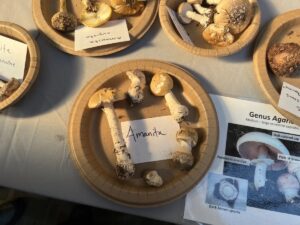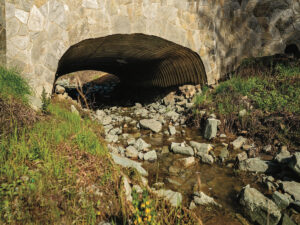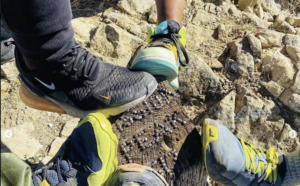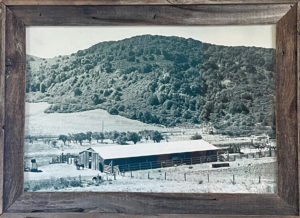This past July, the East Bay Regional Park District announced a ban on the controversial herbicide glyphosate, also known by the brand name Roundup. The prohibition was effective immediately in picnic areas. The district said it would discontinue use of the herbicide in all its developed areas, including parking lots, paved trails, and campgrounds, by the end of 2020.
“We’re only banning it from high-use areas,” Dee Rosario, a member of the EBRPD board of directors, says. “It’s still going to be part of the arsenal for invasive weed control” in nondeveloped areas.
With the decision, EBRPD joins a growing list, including agencies within Sonoma and Marin counties, the cities of Oakland and Davis, and the entire UC system, to institute bans on the world’s most widely used herbicide. At issue is glyphosate’s putative toxicity and its possible link with cancer. In 2015, the World Health Organization’s International Agency for Research on Cancer classified glyphosate as a “probable carcinogen.” The Environmental Protection Agency, on the other hand, recently reaffirmed that the herbicide poses “no risks to public health” when used as indicated on the label.
As the argument over glyphosate’s safety continues, for land managers, the soundness of the science may be beside the point.
Monsanto, which makes Roundup, currently faces thousands of legal cases with litigants claiming that the herbicide is toxic and causes cancer. And California juries have already awarded several plaintiffs multimillion-dollar judgements. Using the herbicide has become a potentially major legal liability.
Some in the conservation movement lament these developments, which they feel demonizes a tool important in beating back invasive plants. “We want to make sure that people aren’t fearful of spending time outdoors and at the school playground,” Doug Johnson, executive director of the California Invasive Plant Council, allows. “But we feel from a science standpoint that it’s an important tool in the IPM [integrated pest management] toolbox.”
In its announcement of the ban, EBRPD states not using the herbicide will significantly increase staffing needs. Dave Mason, an EBRPD spokesman, said the district is currently assessing how much the change will increase costs. A 2018 report by the city of Windsor in Sonoma County concluded that halting the use of glyphosate and instead hand-pulling weeds would increase weed control costs annually by a factor of eight.
But Rosario thinks that the high cost projections of not using glyphosate are overblown. For developed areas, safe, cost-effective weed control methods abound, he says, including organic “botanical” herbicides like limonene, grazing goats, and even steam-killing weeds. He adds, “Why further expose the public when it’s really not necessary? ”




